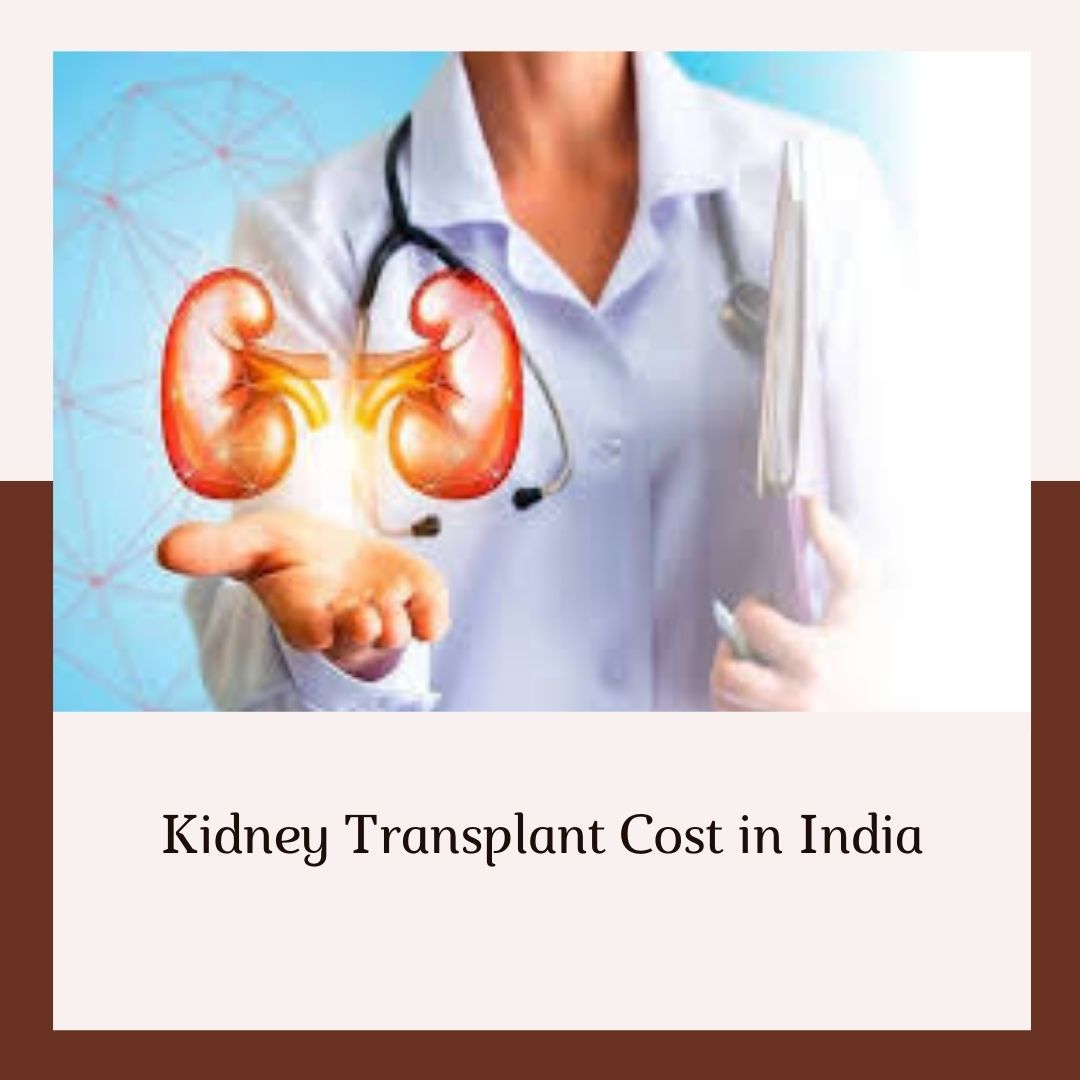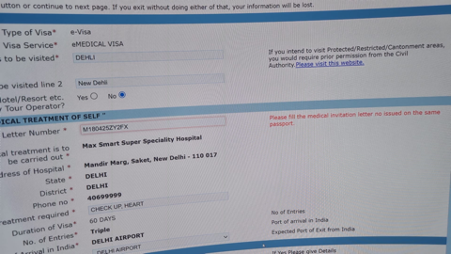
Human kidneys are responsible for filtering the blood in the body, and they do this every thirty minutes. They clear out any wastes, toxins, and excess fluid from the body, along with maintaining blood pressure levels and stimulating the production of red blood cells. They also help balance the quantity of certain substances in the blood, including sodium, potassium, and calcium.
Kidneys are about the size of a human fist, are bean-shaped, and measure about five inches. The importance of having healthy kidneys and their role in maintaining good health cannot be emphasized enough.
Definition of kidney failure:
Kidney failure, also called renal failure, means one or both kidneys can no longer function well without medical intervention. Individuals are usually affected by one of two kinds of kidney failure:
- Acute kidney failure that can develop quickly and can be temporary.
- The other kind is known as chronic kidney failure and is a long-term condition that progressively worsens over time.
Acute kidney failure: Acute kidney failure emerges when kidneys unexpectedly cease to filter waste from the blood and can develop rapidly. When kidneys lose their ability to filter the body’s toxins, not only will they accumulate within the body, but also affects the delicate chemical balance within the body. In the case of patients with acute kidney disease, the kidney begins normal or near normal function after the treatment is completed.
The symptoms of acute kidney failure include:
- Hands, feet, and face begin to swell.
- Internal bleeding.
- Seizures and perhaps coma.
- Abnormal results when blood and urine tests are carried out.
- Elevated blood pressure levels.
Factors that increase the likelihood of acute kidney failure tend to be one or more of the following:
- Reduced blood flow, particularly after a complex surgery or an accident.
- Swelling of the kidney in reaction to a drug or infection.
- Any unanticipated blockage, such as a kidney stone.
- Any sudden spike in blood pressure levels.
Chronic kidney disease:
Chronic kidney disease can be defined as a gradual loss of kidney function over several years. During the early stages, chronic kidney disease develops gradually and reveals little or no symptoms. In its later stages, it may manifest as:
- Hypertension, also known as high blood pressure.
- Lower red blood cell count.
- Swelling of the feed, hands, and ankles.
- Excess fatigue.
- Dark-coloured urine or, in some cases, blood in the urine.
- Loss of appetite and unexplained weight loss.
- Itchy skin in severe cases.
- Decreased flow of urine or frequent urination, particularly at night.
- Nausea and vomiting.
- Metallic taste in the mouth.
Factors that increase the likelihood of chronic kidney failure tend to be one or more of the following:
- Elevated blood pressure.
- Diabetes.
- Heart disease.
- Smoking.
- Obesity.
- If you are of Black, Native American, or Asian American ethnicity.
- If there is a history of kidney ailments in your family.
- Abnormal kidney structure
Preventing kidney failure:
While it can be challenging to diagnose or prevent kidney failure, reducing the chances of kidney-related ailments is possible by taking certain precautions. These are:
- Pay heed to the labels on over-the-counter (OTC) painkillers. Avoid consuming these painkillers in excess, as doing so may increase the risk of damaging your kidneys. This is particularly true if you have diabetes or have pre-existing kidney disease.
- Make a healthy lifestyle your priority. Start your day by indulging in any form of physical activity, consume a balanced diet, and make it a point to limit alcohol intake – though it is best avoided. Also, pay attention to your weight, as excess weight could trigger kidney-related illnesses.
- Try and kick the nicotine habit, as smoking cigarettes can affect your kidneys adversely and worsen existing damage. Approach your doctor or turn to support groups and counseling for assistance in quitting cigarettes.
Treatment for kidney failure:
Complications arising from kidney diseases can be managed: Treatment options include:
- Blood pressure medication: Individuals with kidney ailments may have erratic blood pressure, usually on the higher side. Your doctor may prescribe medication that works to lower blood pressure while preserving kidney function. When consuming medication to regulate blood pressure, you may need regular tests to monitor the effectiveness of the medication. Additionally, your doctor may also recommend a diet low in salt.
- Medications to control swelling: Patients may find their bodies retaining excess fluid when affected by kidney disease. This leads to swelling of the legs and increased blood pressure. The doctor may suggest diuretics which are medicines that can maintain the fluid balance in the body.
- Medications to control anaemia: Iron supplements prescribed by the physician can boost the production of red blood cells. This can help relieve the fatigue and weakness that accompanies anaemia.
- Medications that control cholesterol: As individuals with kidney ailments tend to have higher levels of bad cholesterol, the doctor will likely prescribe the requisite drugs to bring the bad cholesterol down to manageable levels. Runaway levels of bad cholesterol can increase the risk of heart ailments.
- Lower protein intake: A diet consisting of a lower amount of proteins will minimize the generation of waste in the bloodstream. To help ease the pressure on the kidneys, your doctor will suggest a diet low in protein. A qualified dietitian will recommend ways to maintain a healthy diet even while curbing protein intake.
- Dialysis: Dialysis is a procedure for removing waste products and excess fluid from the blood when the kidneys are unable to perform their task. In this procedure, the patient is hooked up to a machine to clear the body of toxins.
There are two types of dialysis. They are hemodialysis and peritoneal dialysis.
○ Haemodialysis: In haemodialysis, a tube is inserted into one of the veins, either in the neck or leg. Hemodialysis is usually done at least thrice a week and takes 3 to 4 hours to complete.
○ Peritoneal dialysis: Peritoneal dialysis involves the insertion of a thin tube into the abdomen. The tube fills the abdominal cavity with a solution that absorbs waste and any excess fluid. Once the waste is absorbed, the solution drains out from the body along with the waste.
- Kidney transplant: Kidney transplants are required when the kidneys can no longer function. The procedure involves surgically replacing the diseased kidney with a healthy kidney from a donor. Kidneys can be sourced from both deceased and living donors. Kidney recipients are obligated to take medications lifelong to prevent their bodies from rejecting the organ.
Kidney Transplant Cost in India
Before the individual can undergo a kidney transplant, a thorough medical examination is required. This includes routine blood tests and evaluating the health of the heart, lungs, and liver. These tests will aid the doctor in determining the best course of treatment. Kidney transplant cost in India ranges from an average of 5 to 6 lakh in private hospitals. Additional costs are the post-surgery medications and follow-ups, which depend on the dosage to be taken and what the follow-up procedures involve.
The other variables affecting the price of kidney transplants in India include the nature of the treatment, the surgical procedure used, the choice of hospital, the doctor’s credentials, etc.
Top 10 best Kidney transplant hospitals in India
India is home to many hospitals specializing in kidney transplants. Before you make a choice, be sure to consult with a medical professional and do your research before arriving at a decision. Picking the best kidney transplant hospital in India is no easy task.
Instead, here are some of the top hospitals in the country that are well-known for treating kidney ailments:
- Fortis Hospital, Sector – 44, Gurgaon
- Medanta Hospital, Sector – 38, Islampur Colony, Gurugram
- Artemis Hospital, Sector 51, Gurugram
- Manipal Hospital, Palam Vihar, Dwarka, New Delhi
- Fortis Escorts Heart Institute & Research Center, Sukhdev Vihar Metro Station, New Delhi
- Alchemist Hospital, Sector 53, DLF Golf Course Road, Gurugram
- Amrita Hospital, Sector 87, Faridabad
- Global Hospital, Parel, Mumbai
- Kokilaben Dhirubhai Ambani Hospital, Andheri (West), Mumbai
- Apollo Hospitals, Greams Road, Chennai
Top 10 best Kidney transplant Doctors in India
Choosing the right hospital for your kidney transplant is half the battle won. The other and equally crucial part is choosing the right doctor for the transplant.
To that end, here is the list of some of the best kidney transplant doctors in India:
- Dr. D.K. Agarwal, Indraprastha Apollo Hospital, New Delhi
- Dr. Neeru Praveer Aggarwal, Max Healthcare, New Delhi
- Dr. Vivekanand Jha, Fortis Escorts And Heart Institute, New Delhi
- Dr. Ramesh Hotchandani, Moolchand Hospital, New Delhi
- Dr. Manju Aggarwal, Artemis Hospital, Gurugram
- Dr. Nalin Yadav, The Signature Hospital, Gurugram
- Dr Manish Jain, Medanta – The Medicity, Gurugram
- Dr. Sundar Sankaran, Manipal Hospital, Bangalore
- Dr. P Venkata Swamy, Star Hospitals, Hyderabad
- Dr. Hari Prasad, Apollo Medical Centre, Hyderabad
My Med Trip is a leading healthcare and medical tourism company in India. We are offering complete medical tourism services in India for foreign patients. We also provide free medical consulting with appointments with the best hospitals and doctors in India. Our main medical tourism services are ovarian cancer treatment cost in India, kidney transplant, liver transplant, liver cancer treatment cost in India, best kidney transplant hospital, shoulder replacement surgery cost in India, brain tumor surgery cost in India, knee surgery, top heart hospital in India, bone marrow transplant cost in India, hip replacement, best cardiologist in India etc.








